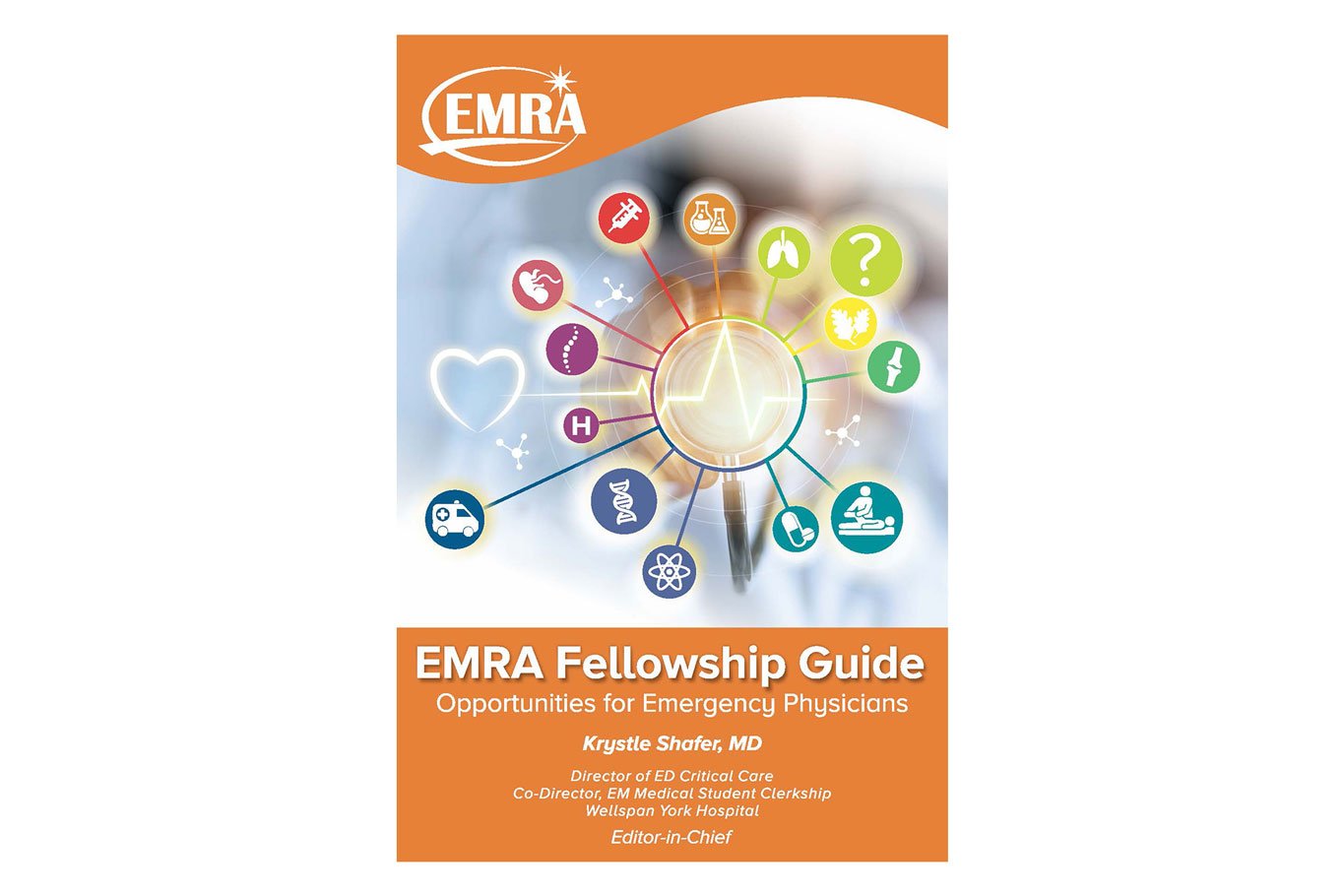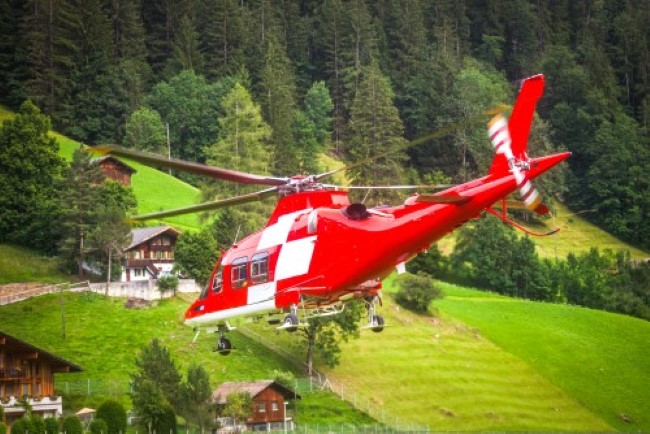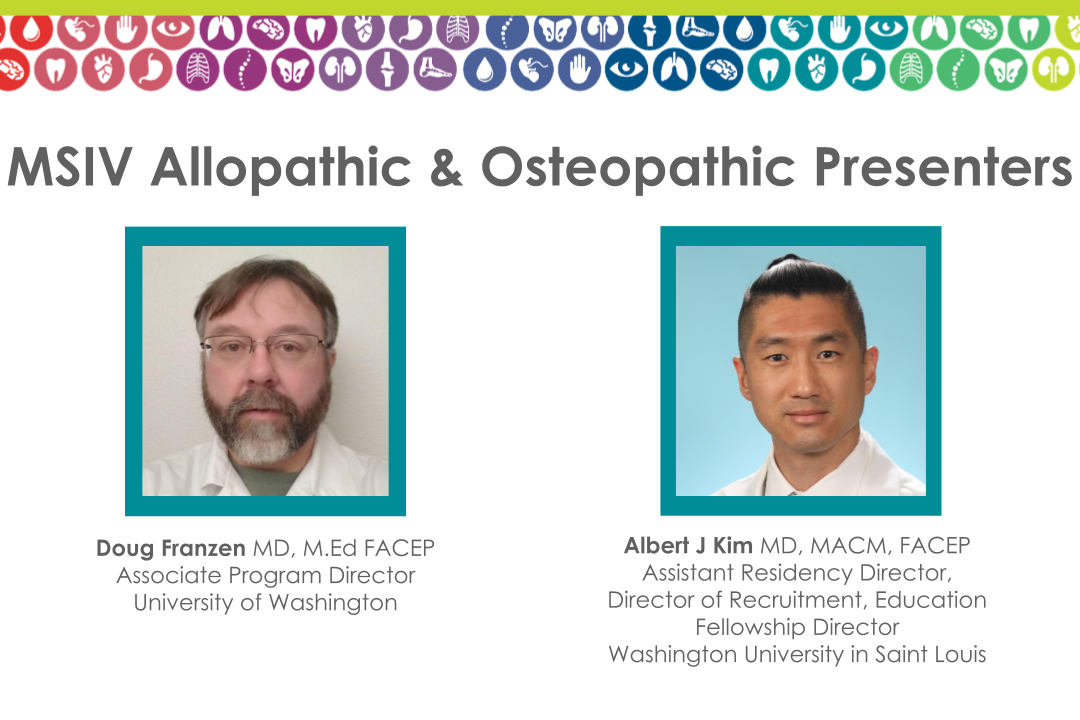Wilderness Fellowships
EMRA is launching Fellowship Match! We are adding fellowships daily.
Look for fellowships using criteria important to you.
- Geographic location
- Fellowship type or training opportunity
- Advanced Degrees Offered?
- Is Moonlighting Allowed?
- Length of Program?
- Number of Shifts per month?
- Save your favorites
- Export your fellowships to a spreadsheet to look at offline

EMRA Fellowship Guide
Chapter 30 Wilderness Medicine Fellowship
Wilderness medicine (WM) is the practice of medicine with limited resources in austere environments, or health care provided anywhere in which environmental conditions have inflicted a patient’s physiologic insult. This simple definition belies the complexity of this specialty, as well as the extensive and varied opportunities it provides. Training in wilderness medicine can prepare physicians to treat mountaineers and sherpas on Everest, serve as directors of national parks, oversee search and rescue missions, work in hyperbarics or dive medicine, and provide medical care on expeditions or at remote scientific base camps. A wilderness medicine physician must not only have a knowledge of medical problems that arise in the elements (i.e. acute mountain sickness, hypothermia, lightning strikes, dysbarism, and envenomations, to name a few), but also how to acutely manage these problems outside of the hospital and often with minimal support.
Go to Chapter 30Related Content

May 26, 2023
PD Interview Saks at Crozer Chester
In the latest installment of our PD Q&A series, we are highlighting the Crozer Chester Medical Center Emergency Medicine Residency program. We spoke with the current PD Dr. Mark Saks, MD, about what makes his program unique and what he looks for in potential residents.

Apr 16, 2023
Taking to the Sky: Launching an EM Resident Flight Physician Program
Resident involvement in air medical transport leads to significant mutual benefit for residents, residency programs, and flight programs. Residents gain unique clinical experiences and broaden their understanding of AMT and diversity of care settings. Residency programs benefit from the experiences of their residents. Flight programs gain enthusiastic and knowledgeable groups of new physicians who can augment the organization’s educational and clinical capabilities. Starting a resident flight program requires careful planning and significant coordination of stakeholders, but the result is an outstanding clinical experience for clinicians and patients alike.






